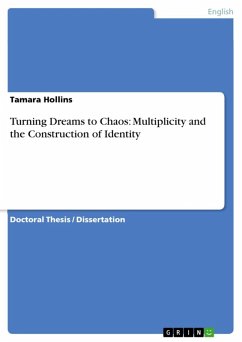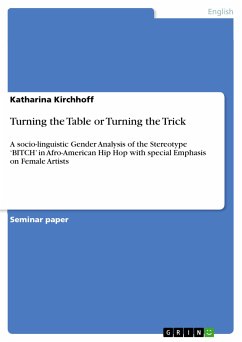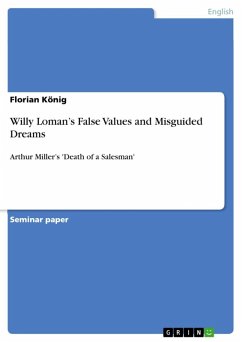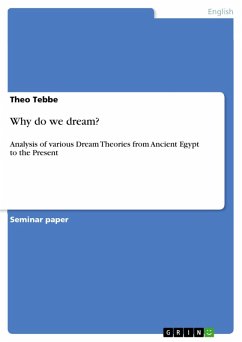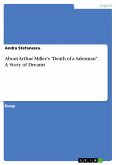Doctoral Thesis / Dissertation from the year 2003 in the subject American Studies - Literature, grade: None, Claremont Graduate University, language: English, abstract: This work will reflect on the mutability of meaning in the female mulatto body as well as on the mutability of perception by acknowledging the erroneous nature of race and its concrete results, by examining the valorization and undermining of racial essentialism and heterogeneity, and by revealing passing as bound by the social and legal restraints related to the physical body even as it interrogates racial classifications. Specifically, this study will explore how some nineteenth century, modern, and postmodern American narratives containing mulattoes and passing personas produce a resolution reiterating the structure of race or new subjectivities within or possibly without the color line. Through this exploration, the war between the homogenous Self and the different Other will play out. In an effort to unite a divided personality, the Other will counter attempts by the Self to maintain essentialism. The success lies not in the final outcome but in recognizing the subversive acts of the Other and the irrational tactics of the Self as continuously revealing the subjects as always already married and as surpassing mere essentialism into the multitudinous, heterogeneous One. Still, this work realizes that essentialism has a place in heterogeneity, even if essentialism is a logical error. Duality and conflict are inherent in heterogeneity, or the multitudinous One. The key is not to eradicate, in an essentialist manner, one and not the other, but to live in a state of awareness, respecting and accepting those who knowingly choose to construct identities within or without the color line.
Dieser Download kann aus rechtlichen Gründen nur mit Rechnungsadresse in A, B, BG, CY, CZ, D, DK, EW, E, FIN, F, GR, HR, H, IRL, I, LT, L, LR, M, NL, PL, P, R, S, SLO, SK ausgeliefert werden.

